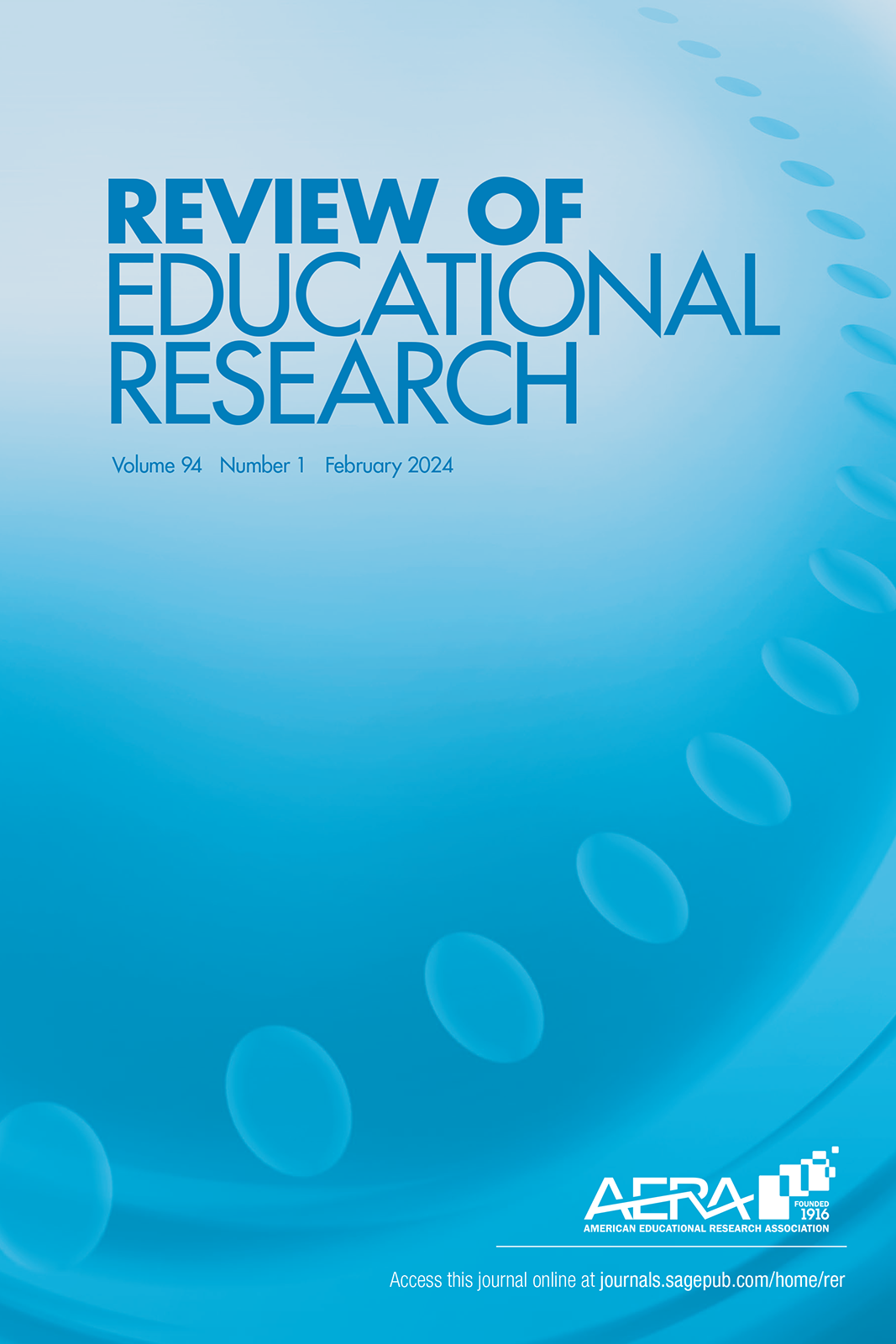教育中使用数字痕迹数据的伦理:研究领域的主题回顾
IF 7.4
1区 教育学
Q1 EDUCATION & EDUCATIONAL RESEARCH
引用次数: 35
摘要
本文对学习和教育中使用数字痕迹数据的伦理研究进行了系统的定性分析。根据对77项同行评审研究的分析,我们(1)按研究类型、学术界、机构设置和国家背景绘制了研究特征图;(2) 确定主要的伦理问题和相关对策;(3)突出研究空白。这一新兴领域确定了四个重点领域:(1)隐私、知情同意和数据所有权;(2) 有效性和完整性;(3) 伦理决策;以及(4)治理和问责制。我们强调缺乏证据,特别是对于学龄前和学龄儿童以及在这一领域工作的不同社区,我们建议采取一种更具凝聚力的方法,承认更广泛的学习和教育生态系统,明确参与伦理理论是核心,中长期伦理问题与紧迫问题一起考虑。本文章由计算机程序翻译,如有差异,请以英文原文为准。
The Ethics of Using Digital Trace Data in Education: A Thematic Review of the Research Landscape
This article presents the findings of a systematic qualitative analysis of research in the ethics of digital trace data use in learning and education. From the resulting analysis of 77 peer-reviewed studies, we (1) map the characteristics of research by study type, academic community, institutional setting, and national context; (2) identify the primary ethical concerns and related responses; and (3) highlight the research gaps. Four areas of focus are identified in this emerging area: (1) privacy, informed consent, and data ownership; (2) validity and integrity; (3) ethical decision making; and (4) governance and accountability. We highlight the lack of evidence particularly for preschool and school-aged children and the disparate communities working in this domain, and we suggest a more cohesive approach, where the wider learning and educational ecosystem is recognized, explicit engagement with ethical theory is central, and mid- to long-term ethical issues are considered alongside immediate concerns.
求助全文
通过发布文献求助,成功后即可免费获取论文全文。
去求助
来源期刊

Review of Educational Research
EDUCATION & EDUCATIONAL RESEARCH-
CiteScore
24.10
自引率
2.70%
发文量
28
期刊介绍:
The Review of Educational Research (RER), a quarterly publication initiated in 1931 with approximately 640 pages per volume year, is dedicated to presenting critical, integrative reviews of research literature relevant to education. These reviews encompass conceptualizations, interpretations, and syntheses of scholarly work across fields broadly pertinent to education and educational research. Welcoming submissions from any discipline, RER encourages research reviews in psychology, sociology, history, philosophy, political science, economics, computer science, statistics, anthropology, and biology, provided the review addresses educational issues. While original empirical research is not published independently, RER incorporates it within broader integrative reviews. The journal may occasionally feature solicited, rigorously refereed analytic reviews of special topics, especially from disciplines underrepresented in educational research.
 求助内容:
求助内容: 应助结果提醒方式:
应助结果提醒方式:


